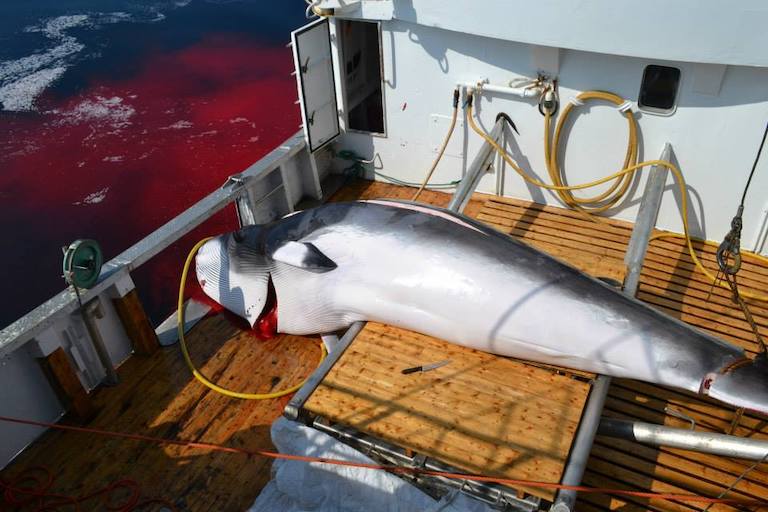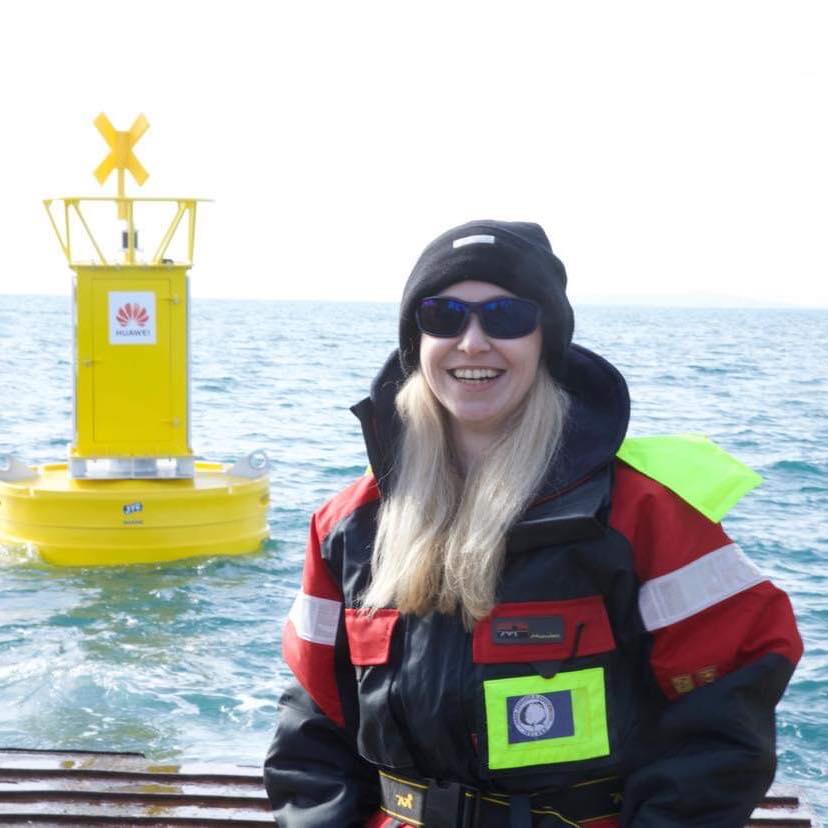With the year coming to a close, we reflect on Norway's whaling industry and the rise in the demand for whale meat in Norway this year which resulted in a total of 503 minke whales that were hunted and slaughtered, an increase of 52 more than all of last year, and 76 more than the two years before that in 2018. Sadly, 2020 did not become the milestone year for biodiversity. Instead, we find ourselves at a pivotal al time for the planet - when the prospect of short-term financial gains must give way to the common goal of stopping species extinction and the climate crisis. Almost three million whales died at the hands of whalers in the 20th century and the effects of this huge slaughter are only now being explored, so we are urging the public in supporting us to help spread awareness of why WHALING should STOP NOW!
Global whale species population recovery should be one of the most important priorities of climate recovery given whales role in nutrient cycling in our oceans. It is shameful and shocking that one of the wealthiest countries in the world, is instead promoting the exploitation of the ocean and supporting whaling as if there was no climate crisis and no extinction emergency.
Whaling is unsustainable and scientists around the world have expressed concern for many years and questioned the way that catches are determined as Norway uses its own method of calculating quotas, which allows for more kills than many scientists at the International Whaling Commission (IWC), would recommend as sustainable. Furthermore, many of the whales slaughtered are pregnant females, and, setting the cruelty of this aside, this seriously threatens their population's reproductive output and genetic diversity.
Whaling is not an environmentally friendly alternative to the large amount of climate-damaging methane that is produced, for example, in beef production. This is because the general scientific consensus is that whales are an important part of the marine ecosystem and play a crucial role in removing carbon, which keeps carbon dioxide out of the atmosphere. Whale poo stimulates the growth of phytoplankton which absorb carbon dioxide and produce oxygen. If you think of forests as one of the lungs of the planet, then these plankton are the other lung, producing more than 50% of the oxygen you breathe. They are also an important source of food for small marine animals and fish, so whales help maintain healthy fish populations. Nothing about whaling is environmentally friendly – it’s the exact opposite. Killing whales directly contributes to the climate crisis.
Hunted whales suffer slow, agonising deaths, often suffering for more than six minutes and even up to 25 minutes after they are first harpooned. Taking this long to die (not to mention the exploded metal inside their body) would not be tolerated for land animals in a slaughterhouse where there are strict regulations. In fact Norway was one of the first European countries to require that animals are stunned before slaughter, but this protection is not given to whales.
Norwegian whalers hunt in defiance of the IWC's whaling ban and the industry sets its own kill-quotas using a method that is not supported by IWC members and which has been rejected by many countries and scientists. Bit by bit, the Norwegian government has also cut the bureaucratic burden of whaling regulations and lowered requirements so that more ships can hunt whales with minimal supervision.
We need your help! Please sign the petition here:
https://www.change.org/p/norwegian-government-stop-whale-hunting-in-norway-b672cb85-9b4e-4bb5-b853-3..
.















